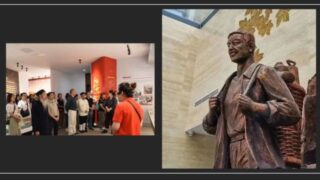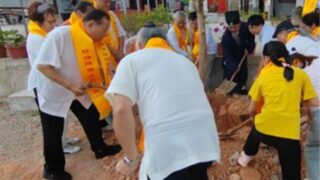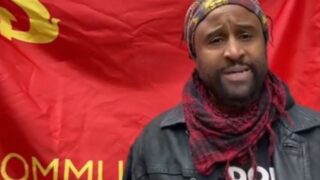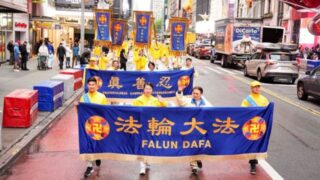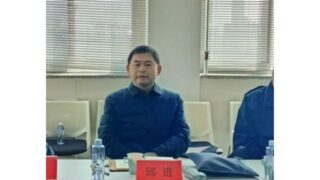Advertised as a tool against fraudulent “false monks,” it will in fact also help cracking down on Buddhist monks and Taoist priests not controlled by the CCP.
by He Yuyan
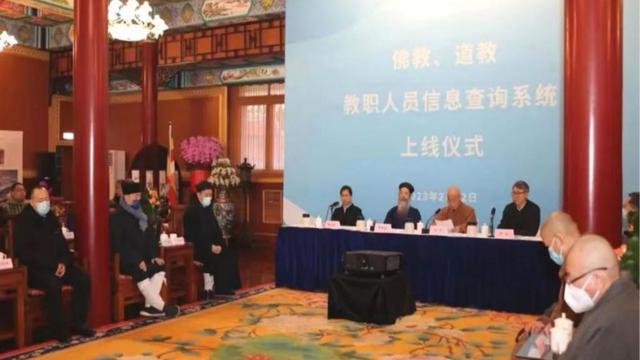

With great fanfare, the China Buddhist Association and China Taoist Association have launched in Beijing’s Guangji Temple, at the end of last month, the Buddhist and Taoist Clerical Personnel Information Query System (佛教道教教职人员信息查询系统).
Those attending the press conference saw the slogan, “Fake monks and priests now have nowhere to hide!” (假和尚假道士无处遁形!) displayed prominently. The speakers insisted that both Chinese and tourists have been defrauded by fake monks and Taoist priests asking for alms. Indeed, that these incidents have occurred is not false, although tourists in popular temples have been more easily fooled than Chinese believers. Also, temples where tourists are taken are managed by the China Buddhist Association and the China Taoist Association, which are supposed to keep their own houses in order.
The new system, however, has ulterior aims, which were clearly explained at the Guangji Temple. Based on the “Administrative Measures on Religious Clergy” of 2021 and other regulations, the clergy of all religions is strictly controlled by the CCP through the puppet associations managing the five authorized religions. The China Buddhist Association has issued its “Measures for the Qualification of Chinese Buddhist Clerics,” “Measures for the Qualification of Tibetan Buddhist Clerics,” and “Qualification Recognition Measures,” and the China Taoist Association has promulgated the “Administrative Measures for the Recognition of Taoist Clerics.” As the audience was reminded at the press conference, even reincarnation of Tibetan lamas requires permission by the CCP.
This means that a “genuine” Buddhist monk or Taoist priest for the CCP is one controlled by the Party through the puppet associations. Those who refuse to join the associations and operate independently, including in the “gray market” of unregistered temples, are branded as “fake” clergy. The CCP can also further control monks and priests by threatening them with being removed from the data base, thus becoming legally the equal of the criminal swindlers who impersonate monks only to make money. Removal will certainly operate when monks and priests travel from one province to another without the authorization of the CCP, which is a matter of concern for the Party with respect to Tibetan monks.


Interestingly, to access the data base users should supply their phone numbers, which will be verified. This means that the whereabouts of unauthorized monks and priests will become more easily known to the authorities, since potential witnesses able to supply information leading to the arrest of dissident clergy will be easily identified.
“Fake monks and priests now have nowhere to hide!”—but it all depends on how you define “fake monks and priests.”


